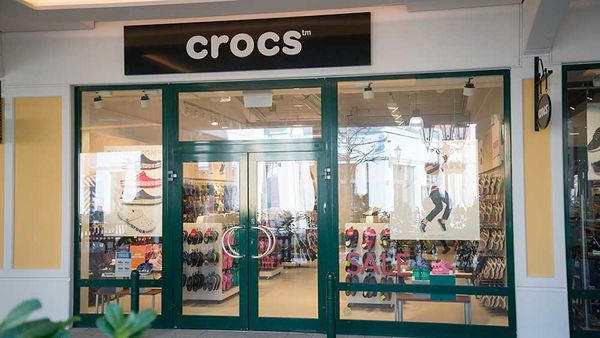Lithium miner Livent bolted higher on Wednesday after edging past Q4 estimates and offering a sales outlook for 2023 that fell short of analyst forecasts. LTHM stock cleared an early entry point Wednesday after updating its expansion plans.
Albemarle topped Q4 earnings estimates after the close, while reiterating the outlook introduced last month. ALB stock rose in after-hours action.
Albemarle Earnings
Results: Albemarle earnings per share surged 754% to $8.62, topping recently raised estimates by 36 cents. Revenue grew 193% to $2.62 billion, a hair below some estimates. It was the fourth straight quarter of accelerating growth for both.
Outlook: The company reiterated guidance first offered on Jan. 24 for 2023 sales of $11.3 billion to $12.9 billion, equating to growth of 55%-75%. Adjusted EPS should range from $26 to $33. That includes 30%-40% growth in lithium volumes in 2023 and assumes flat lithium pricing vs. Q4.
Livent Earnings
Results: Livent earnings per share surged 400% from a year ago to 40 cents, vs. estimates of 38 cents. Revenue rose 79% from a year ago to $219.4 million, well below estimates of $239.8 million.
Outlook: Livent offered 2023 revenue guidance of $1 billion to $1.1 billion, up 29% vs. 2022 at the midpoint. Analysts had penciled in $1.12 billion in 2023 sales. Adjusted EBITDA should range from $510 million to $580 million, up 49% at the midpoint.
The company said its capacity expansion is on track, with deliveries to begin in the second half of 2023 from a 10,000 metric ton expansion of lithium carbonate in Argentina. Production from a second 10,000 ton expansion in Argentina should start in early 2024.
Livent also has a 5,000-ton lithium hydroxide line in Bessemer City, N.C., that should begin to deliver commercial volumes later this year. A new facility in Zhejiang, China, should make initial deliveries in 2024.
Livent also provided an update on Nemaska Lithium, a fully integrated lithium hydroxide project in Quebec, Canada, of which Livent owns 50%. First customer commitments will be announced in the first half of this year, including any project funding from the customers.
The timeline for Nemaska generating revenue appeared to move up to late 2024, when it will start selling spodumene concentrate from hard rock lithium dep, until the processing facility is complete.
BMO Capital Markets analyst Joel Jackson noted that Livent is "finally transitioning to growth in 2023." He cited the Nemaska customer announcements as among potential catalysts for LTHM stock.
Lithium Stocks: LTHM, ALB
LTHM stock soared 9.1% Wednesday, after rising 1.8% on Tuesday ahead of earnings. The move put LTHM stock above its 200-day moving average — a technical level the stock needs to clear in order to get back on investors' radar. The move above its 200-day came as LTHM stock also crested its recent high of 26.91, offering an aggressive entry point.
ALB stock rose 1.2% to 276 following its late-day earnings report. During the regular session, ALB stock added 1.78%Wednesday, after edging up 0.3% on Tuesday. ALB stock could be actionable if it clears 292.08, the cup-with-handle buy point.
Lithium Prices
Spot lithium prices in China have come down moderately from their November peak, easing to around $69,000 per ton of lithium carbonate from above $80,000, but they've still more than doubled since the start of 2022. An end to EV subsidies in China contributed to slower lithium sales in January.
Shares of the stock market's few lithium plays can move loosely with spot prices, but contract prices are what matters for lithium stock earnings. Lithium stocks, especially ALB, surged last year as the company restructured fixed-price contracts to more closely reflect market prices. Now that transition is largely complete, so ALB stock is more exposed to lithium market prices on both the upside and downside.
Livent has made a slower transition. The company said it delivered a larger portion of volumes in Q4 to customers "under older contracts with prices set at lower fixed prices." That contributed to a sequential decline in sales. In 2023, Livent says 70% of volumes have fixed-price terms, with a mix between legacy contracts at lower prices and new contracts more tied to current market conditions.










